When you fall more than a few months behind on your mortgage payments, you may receive a foreclosure warning letter in the mail. This begins a process that can lead to the loss of your home - and potentially all of the home equity you’ve built up during the recent rise in home prices.
A Chapter 13 bankruptcy can be a great tool to protect your home. How can this be? Doesn’t the lender have a lien on the house? Liens are not discharged in bankruptcy, right?
Lenders do keep their mortgage liens even if you file for bankruptcy protection, BUT in a Chapter 13 case they normally cannot foreclose so long as you keep up with your promises in your approved Chapter 13 payment plan. What is a Chapter 13 payment plan? Simply put, it is a plan where you agree to make a payment each month to a “bankruptcy trustee” (and you normally can set this up as an automatic transfer from your bank account). You can think of this as a catch-up payment where the funds will be used to pay your mortgage lender for the amount of your past-due mortgage payments.
Yes, you’ll end up paying more each month to get caught up because you’ll need to also make your regular monthly mortgage payment on top of the catch-up payment. But if you can afford to do this, Chapter 13 can be a great way to avoid foreclosure and protect your home.
A Chapter 13 payment plan will be subject to review by the bankruptcy trustee’s office and by the mortgage lender. One of the trustee’s concerns will be whether your proposed payment plan is “feasible”, meaning that you can actually afford the payments on your current budget. And mortgage lenders will often present updated statements showing additional fees or charges while you fell behind on the loan. There can also be the matter of catching up on any missed property tax payments, especially if those were not paid on your behalf by the mortgage lender.
That said, we can help you sort out whether Chapter 13 might work to help you save your home before you commit to anything. If you or someone you know is falling behind on mortgage payments, you may consult with us for free by calling 612-721-0230.
Image credit: Nattanan Kanchanaprat

